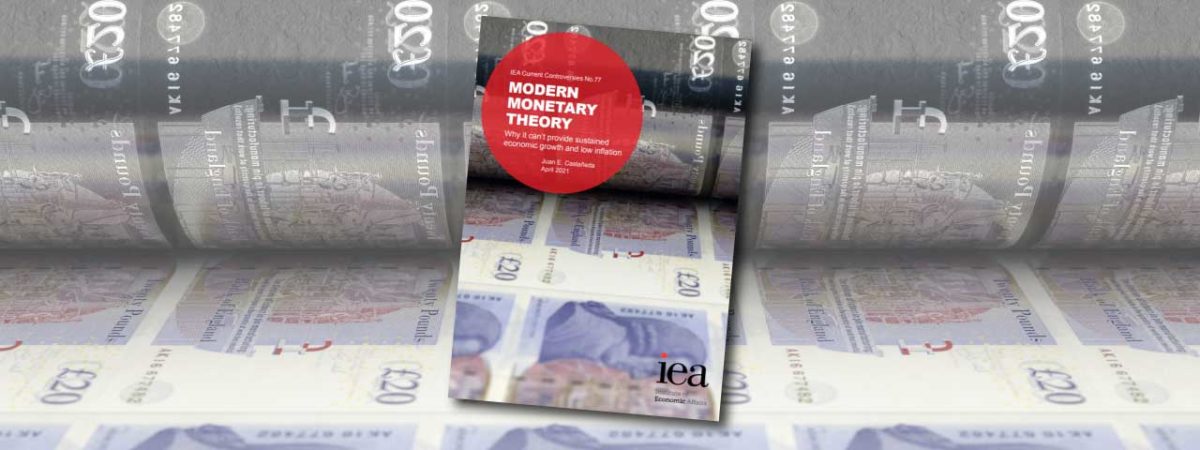Yes, let’s be “tough on Russia” – but not by overriding the rule of law
SUGGESTED



Some gestures are simply pointless, and can have no effect whatsoever except in the mind of those who carry them out. One such is the Cardiff Philharmonic’s action in removing long-dead Russian composer Tchaikovsky from its playlist, only one step up from the man who removed every bottle of vodka from a Basildon supermarket the other day.
Others do have a real impact, but not necessarily on those whom we might wish to sanction. For example, social media pressure has led McDonald’s to close its operations in Russia. This will hit Russia’s junk food devotees, the 62,000 staff employed in its 850 Russian outlets, and McDonald’s’ shareholders. Russian generals and Vladimir Putin? Not very likely. I doubt a Big Mac has ever passed the Russian dictator’s lips, assuming it would get past his team of food tasters.
The economics literature is clear that sanctions of this kind have little impact and usually end up disproportionately hurting poorer people. If this led them to rise up against their oppressive rulers, it could make sense. But such a result has rarely, if ever, happened. The probability of removing Western goods and services from Russia’s consumers leading to Putin’s removal is surely vanishingly small. It could well backfire if the state’s propaganda uses it to convince citizens that the West is permanently hostile to the Russian people. In the long run, this may not be a good thing.
So what of sanctions against individual ‘oligarchs’ (a very vague term)? These are clearly popular, and the only opposition to the government’s actions against individuals, reinforced by this week’s Economic Crime bill, has been from opposition politicians, and some Tories, demanding still tougher rules.
But we ought to be careful with this. I may be in a small minority, but I’m not that happy with the British government being able to impose freezes on individuals’ assets without having to make a case before a court. Let alone, as Dominic Raab has irresponsibly suggested, arbitrarily sequestrating homes to house refugees. If some “direct action” group goes ahead and does precisely this, will the Met just nod encouragement?
Property rights are an essential part of living in a free society, and for the government to override them without clear evidence of wrongdoing sets a baleful precedent.
The case of Roman Abramovich is particularly concerning. I hold no brief for the man, but he does not seem to have done anything wrong in this country. He was not originally named as an individual to be sanctioned, presumably because the government had little or no evidence against him. Yet we had the spectacle of Sir Keir Starmer, a former Director of Prosecutions who really ought to know better, demanding Abramovich’s assets be frozen on little better than hearsay. The government has predictably caved in today.
As usual, sanctions hit other people: Abramovich’s best-known asset, Chelsea Football Club, is the collateral damage this time. The club cannot sell tickets or merchandise. The government has had to invent a ‘special licence’ to allow games to be played and existing ticket holders to attend games. Players cannot be bought or sold, or sent out on loan presumably, for an indefinite period. There will be no away fans attending games for the foreseeable future.
These are trivial matters, but they show what happens when gesture politics take over, as they do so often in these days of instant social media outrage and demands on politicians to act without thought for longer-term consequences.
Seeing the ease with which our government can now override property rights, many overseas-based individuals and foreign companies will think twice about buying property or setting up businesses in the UK. For if politicians’ ire is currently turned against Russia, it could be Saudi Arabia or China next time. Or, with a Labour government, perhaps Israel or even a Donald Trump Mark 2 United States.
Of course some overseas investors are dodgy, just as some domestic entrepreneurs are less than squeaky clean. But do we really want the UK, which has gained so much from inflows of foreign investment (and associated trade) in recent decades, to be seen as a no-go area in future?
Perhaps we should concentrate on measures which might genuinely help embattled Ukrainians, such as arms supply, resettling refugees and stopping buying Russian gas, rather than scattergun sanctions which achieve rather little but damage long-held British norms such as security of property and the rule of law, while imposing longer-term costs on our economy.
1 thought on “Yes, let’s be “tough on Russia” – but not by overriding the rule of law”
Comments are closed.





Great information shared.. really enjoyed reading this post thank you author for sharing this post .. appreciated